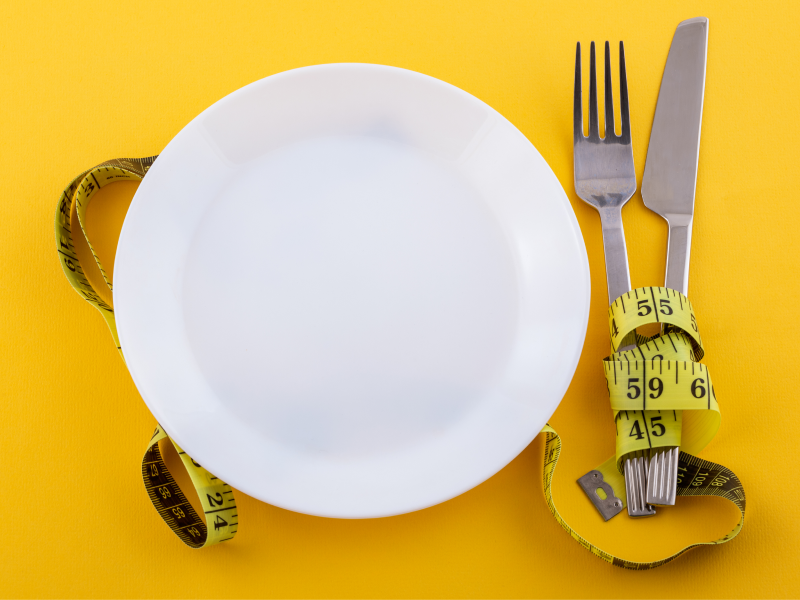Have you ever wondered what happens when you have only a heavy dinner and go to sleep immediately?
We will focus on what doctors and scientists have to say about this subject in this article so that you can appreciate the impact of late dinners.
Our body clock precisely harmonises our principal body functions, such as feeding and sleeping.
We check the time on the wall clock, or on our wrist watch, or on our smartphone nowadays and decide accordingly on our daily activities. Likewise, our body has a built-in master clock smaller than a pinhead in the brain that precisely synchronises to suit the timing of main body movements and behaviours such as sleeping, eating, waking etc.
Indeed, any living creature, be it an animal or plant, has internal clocks that have evolved and made living beings’ diurnal or nocturnal. We adopt a pattern known as the circadian rhythm, based on darkness and sunlight. Sunlight is the best indicator of this 24-hour cycle, there are duties the body carries out during daytime and those dedicated to night time. Sleep is one of the night time duties.
In the age of turning night into day, electricity ushered in:
Before electricity was invented, the last meal was consumed by sunset and commonly used for light-up evenings.
Yet wakefulness today stretches well into late night hours shifting our pattern of wake-sleep.
We prefer to sleep less in the night and after sunset our meals are eaten way.
And smaller night sleep itself facilitates feeding the night time.
These naturally go against the circadian rhythm of the body which results in obesity , diabetes, digestive problems and heart problems.
In those who routinely work night shifts or travel time zones and typically experience disrupted sleeping and eating habits, classical examples of such disruptions in sleep patterns are found.
They suffer most from cardiovascular disorders and obesity.
Big meals or constant snacking are primarily responsible for disrupted digestion and obesity when watching TV late into the night. In reality, fasting between dinner and breakfast for 12 hours during the night is required to recover and repair the body’s systems.
A recent study found that eating a late dinner changes some body chemicals during sleep in a way that can lead to obesity or diabetes.
Specifically, for 2-3 days 20 healthy volunteers visited a research unit where they had specific meals, slept for a specific number of hours, and tested blood sugar at 2 different times: dinner at 6 pm or 10 pm.
In a study published in Journal of Clinical Endocrinology & Metabolism, the findings of this clinical trial showed that having a late dinner “induces nocturnal (related to night-time) glucose intolerance, and reduces fatty acid oxidation and consumption, particularly in those people who sleep early normally.”
This research has shown clearly how eating a late dinner makes glucose tolerance worse and decreases the amount of fat consumed. That means late eating can result in consequences like diabetes or obesity.
More and more evidence suggest that dinner time will badly affect obesity development and other body functions.
Glucose had nearly 20 per cent higher in people eating late dinners, burning 10 per cent less fat after late dinner. Dinner time more important for patients with diabetes
Eating time is as important to the diabetics as what type of food they are eating. Vanderbilt University scientists have found that the insulin response also fits the 24-hour circadian rhythm.
During the night, insulin sensitivity is decreased so feeding at this time upsets glycaemic control.
